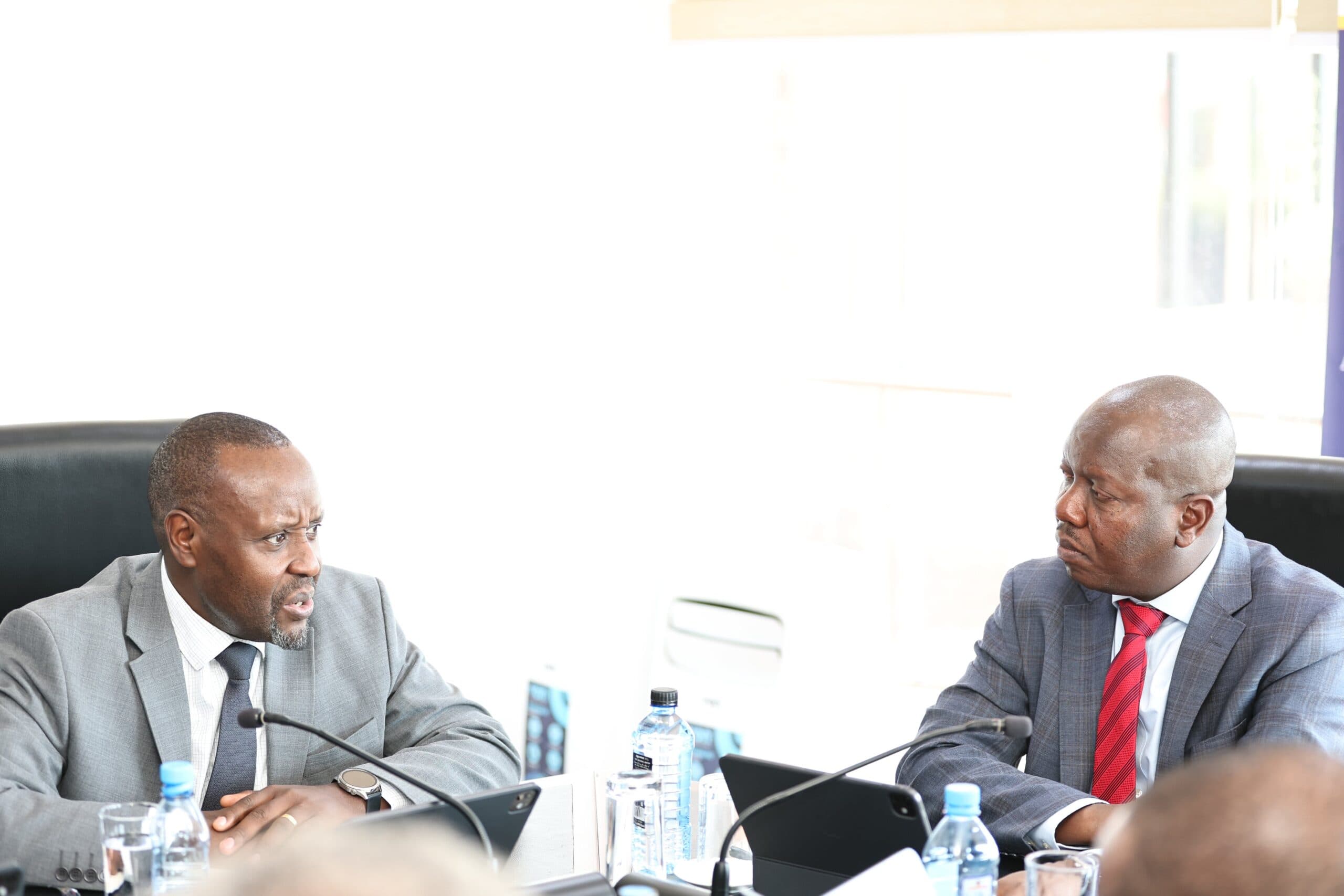We're loading the full news article for you. This includes the article content, images, author information, and related articles.
A new pact between the ODPP and Kenya Airways aims to dismantle trafficking networks as alarming new data reveals Kenya's deepening role as a major transit hub for narcotics and human trafficking.

NAIROBI—Kenya has escalated its fight against transnational organized crime following the seizure of over 3.2 tonnes of narcotics nationwide between 2024 and 2025. In a strategic move to choke off trafficking routes, the Office of the Director of Public Prosecutions (ODPP) and Kenya Airways (KQ) have signed a landmark agreement to bolster detection, investigation, and prosecution of trafficking offenses. The pact, announced on Monday, November 24, 2025, in Nairobi, comes amid stark warnings from international bodies about the country's growing significance as a pivotal transit point for illicit drugs and human trafficking destined for Africa, Europe, and North America.
Director of Public Prosecutions Renson Igonga revealed the staggering scale of the problem, stating that the 3.2-tonne haul was accompanied by a 27 percent rise in heroin seizures at airports during the same period. Jomo Kenyatta International Airport (JKIA) in Nairobi has been identified as a key vulnerability, with over 40 arrests linked to trafficking syndicates made at the airport alone. Over the past decade, more than 150 airline-related trafficking cases have been documented, underscoring the aviation sector's critical role in these criminal enterprises.
The collaboration between the ODPP and the national carrier is designed to create a more hostile environment for traffickers. The agreement focuses on several key areas: establishing a structured framework for early detection and reporting of trafficking victims, enhancing coordination in investigations, and improving evidence handling. This will be supported by joint staff training programs, real-time intelligence sharing, and the development of standardized evidence protocols to strengthen prosecutions.
DPP Igonga emphasized that this enhanced cooperation is vital for disrupting the criminal infrastructure. A dedicated liaison mechanism will be established, integrating Kenya Airways Security with the Directorate of Criminal Investigations Anti-Narcotics Unit (DCI-ANU) and the ODPP. This unit will focus specifically on aviation-related offenses, aiming to expedite information flow and enable a rapid response to emerging threats. This initiative builds on Kenya Airways' existing anti-trafficking efforts, including a comprehensive Counter Trafficking in Persons (CTIP) policy launched in partnership with the United Nations Office on Drugs and Crime (UNODC) in March 2023.
The recent seizures and the new security pact highlight a grim reality: Kenya's strategic location, advanced transport infrastructure, and porous borders make it an attractive hub for global drug syndicates. A June 2025 report by the Eastern and Southern Africa Commission on Drugs (ESACD) identified Kenya and South Africa as critical corridors for the flow of heroin, cocaine, and methamphetamine. The UNODC has also confirmed that heroin trafficking along the southern route remains a defining feature of the East African drug landscape, with maritime shipments arriving along the coasts of Kenya, Mozambique, and Tanzania.
Recent major busts underscore this trend. In October 2025, a multi-agency operation intercepted 1,024 kilograms of methamphetamine valued at Sh8.2 billion from a vessel in the Indian Ocean, leading to the arrest of six foreign nationals. This points to the increasing use of East African maritime routes by international drug networks. Beyond being a transit point, reports indicate Kenya is also becoming a manufacturing and repackaging hub for substances like methamphetamine, feeding markets across West and Southern Africa.
The pact between the ODPP and KQ also addresses the grave issue of human trafficking. The U.S. State Department's 2025 Trafficking in Persons Report places Kenya on the Tier 2 watch list, indicating that while the government is making significant efforts to combat trafficking, it does not fully meet the minimum standards for its elimination. The report notes that traffickers exploit domestic and foreign victims in Kenya, while also trafficking Kenyans abroad, particularly for forced labor in the Gulf states. Official complicity and corruption remain significant hindrances to anti-trafficking efforts.
The influx of narcotics has severe consequences for Kenyan society, fueling a public health crisis and threatening economic stability. High unemployment and social pressures drive many young people towards substance abuse, creating a growing local market for traffickers. The National Authority for the Campaign Against Alcohol and Drug Abuse (NACADA) has reported alarming usage rates, with a February 2025 survey finding that 1 in 59 university students had used heroin. This domestic demand complicates law enforcement's task and exacerbates the social and economic toll of the global drug trade on the nation.
As Kenyan authorities open this new front in collaboration with the aviation industry, the challenge remains immense. Success will depend not only on improved surveillance and prosecution but also on addressing the systemic issues of corruption and the socio-economic vulnerabilities that allow these illicit trades to thrive.
Keep the conversation in one place—threads here stay linked to the story and in the forums.
Sign in to start a discussion
Start a conversation about this story and keep it linked here.
Other hot threads
E-sports and Gaming Community in Kenya
Active 9 months ago
The Role of Technology in Modern Agriculture (AgriTech)
Active 9 months ago
Popular Recreational Activities Across Counties
Active 9 months ago
Investing in Youth Sports Development Programs
Active 9 months ago
Key figures and persons of interest featured in this article